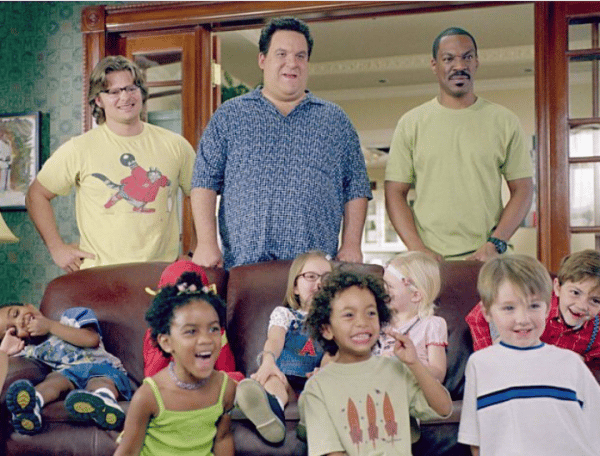
When we talk about the effect that gender has on career decisions, we often talk about women.
We talk about the under-representation of women in STEM fields, and in leadership positions. We talk about how rigid stereotypes about what it means to be female discourage women from particular lines of work. We talk about the lack of confidence girls and women have when it comes to their abilities in certain areas, and we talk about the impact of highly gendered STEM-related toys, in conveying early messages about gender roles.
What we talk about significantly less, is the effect that gender has on men’s career decisions.
I have twin brothers (and I’m a twin, yes, that’s weird, moving on) who work in childcare. And it hasn’t always been easy.
Jack and Nick knew early on that they wanted to work with kids. As much as I hate to admit it, my brothers have always been better around kids than I have. They have a way of speaking to anyone of any age as though they’re an equal. They don’t fuss or stress, they don’t use baby-talk, and they love to play.
So when they decided straight after school that they wanted to work in childcare, I was excited for them. I knew they would be great at it. I thought about how lucky any centre would be to get them. What I didn't think about was the difficulties they might face as men in an industry that is 95% female.
Negative attitudes and stereotypes about men who work in childcare are pervasive. Some parents (and staff) are skeptical of male childcare workers, and don't trust them to change nappies or be alone with children for any length of time. There are also strong beliefs about women having a 'motherly instinct' that men simply don't have, and fears of male-perpetrated abuse lead people to believe that children just aren't safe around men.
